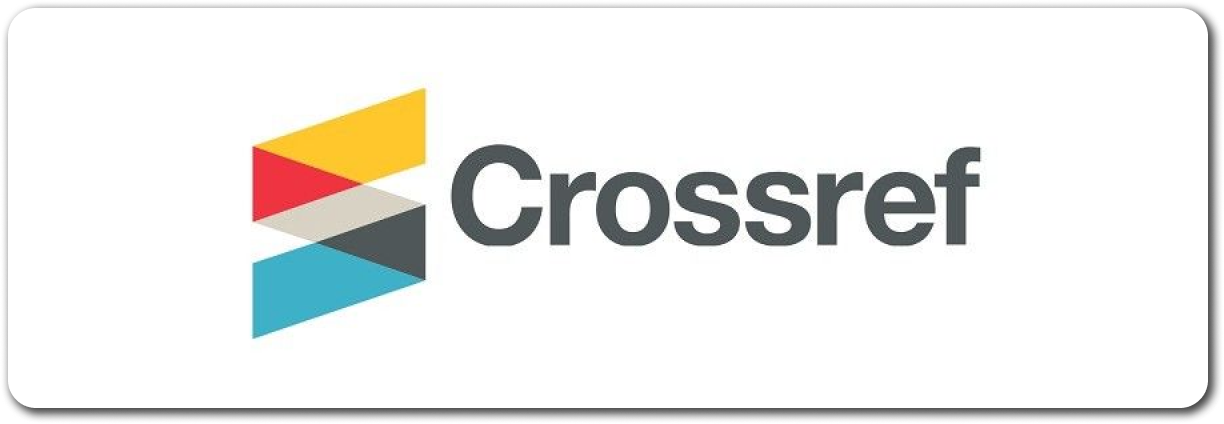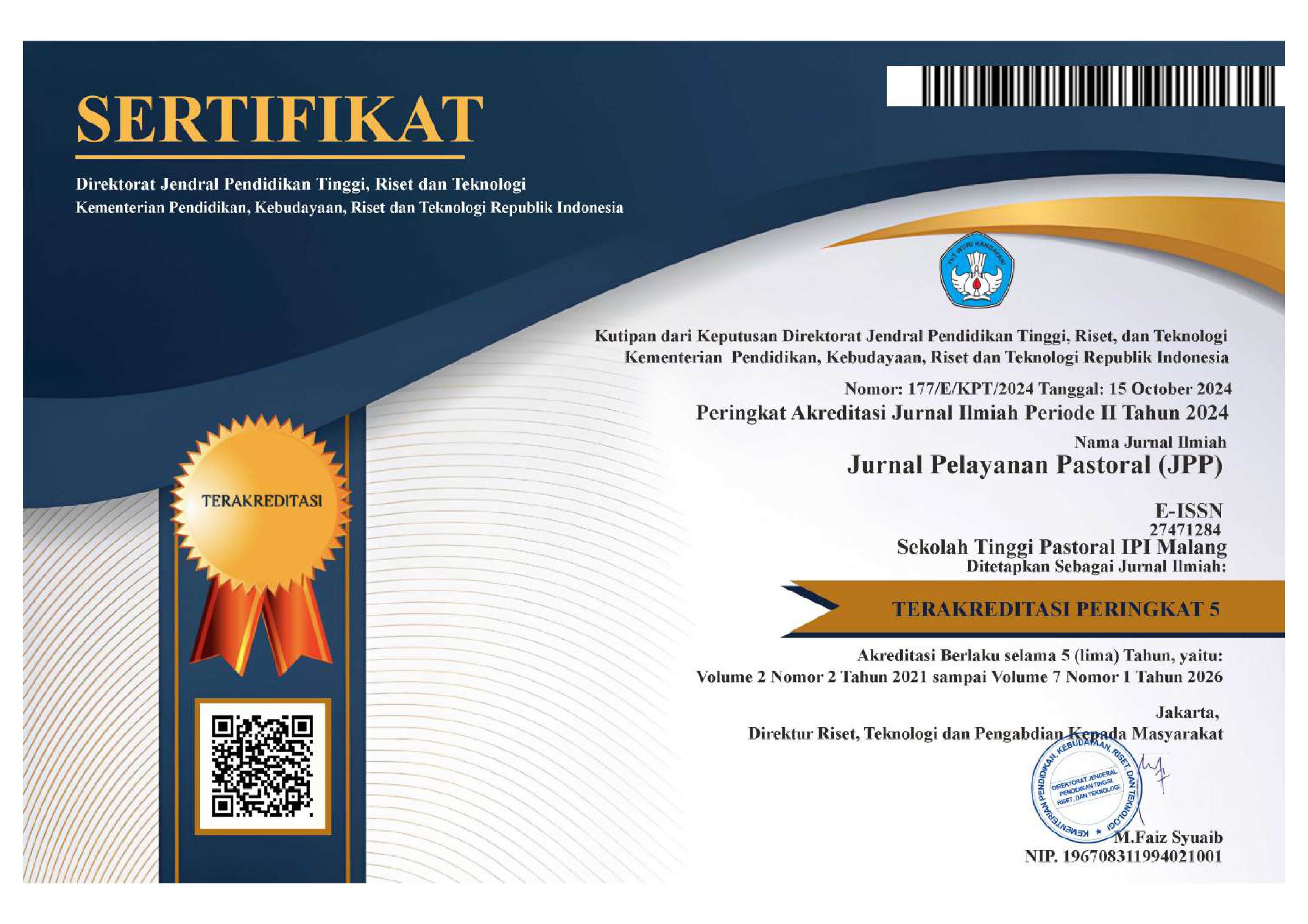PENGEMBANGAN PEMBELAJARAN KREATIF DAN INOVATIF UNTUK ANAK BERKEBUTUHAN KHUSUS DI ALAM TERBUKA
DOI:
https://doi.org/10.53544/jpp.v3i1.291Keywords:
conventional learning, children with special needs, innovative learning, learning implementationAbstract
Learning in the classroom with study desks and chairs is one of the conventional learning models commonly applied in educational institutions from kindergarten to tertiary institutions. In fact, the learning process can be done anywhere, including outdoors or outdoors, including learning for children with special needs. This concept is an innovation in the field of education. There is not much formal research available on the implementation of open nature learning and there is no curriculum reference that regulates learning for children with special needs in the open. This study aims to describe the implementation of open-based learning for children with special needs and to see the positive and negative impacts for children with special needs in participating in learning in the open. This research was conducted using a qualitative descriptive research method. Data collection tools used were observation of learning activities, interviews and documentation studies. Live Nature Schools do not have to use luxurious buildings but can use wooden classrooms, so the cost for school buildings or study rooms is cheaper. Because quality education is not determined by the physical structure of the building, but rather by the quality of teachers, the correct methodology and adequate book resources as a gateway to knowledge. The learning is carried out in accordance with the learning method with nature. In principle, this school uses appropriate methods in choosing learning models. That is, any suitable method can be used.
Downloads
Published
How to Cite
Issue
Section
License
Copyright (c) 2022 Jurnal Pelayanan Pastoral

This work is licensed under a Creative Commons Attribution-NonCommercial-NoDerivatives 4.0 International License.
All articles published in the Jurnal Pelayanan Pastoral (JPP) are licensed under the Creative Commons Attribution 4.0 International License (CC BY 4.0). This license allows anyone to copy, distribute, display, and adapt the published articles, for both commercial and non-commercial purposes, as long as proper credit is given to the original author(s) and the source.
By publishing in JPP, authors agree that:
- The article may be reused by others under the terms of the CC BY 4.0 License, provided appropriate attribution is given.
- Authors retain their moral rights to the published work.
- The Jurnal Pelayanan Pastoral (JPP) encourages authors to share their work through institutional repositories, personal websites, and other academic platforms.
For more information, please visit the official license page: https://creativecommons.org/licenses/by/4.0/















